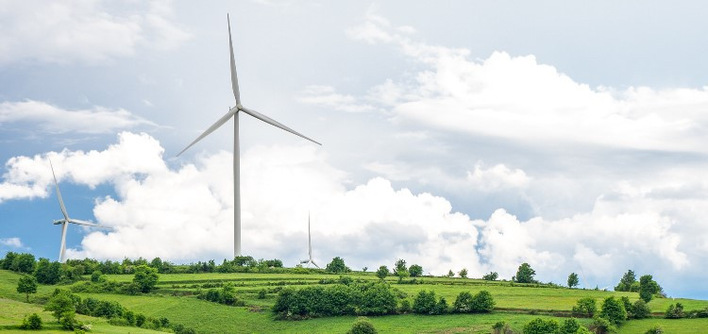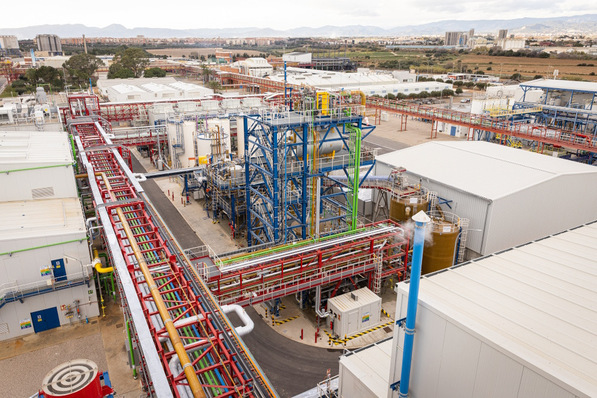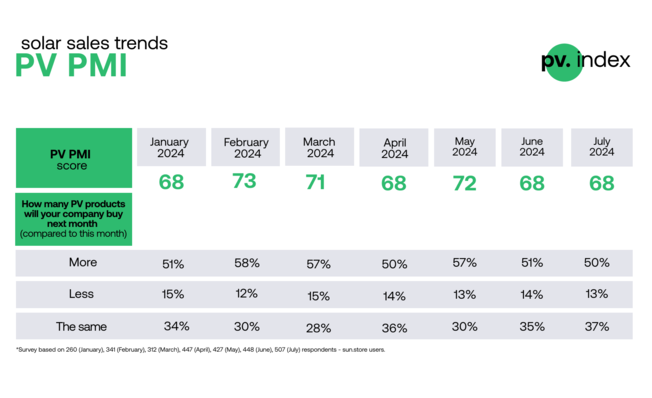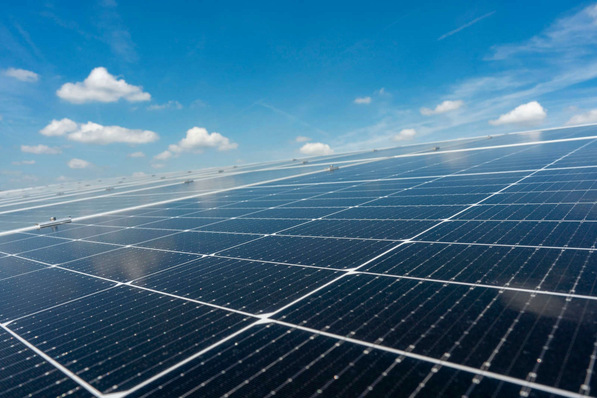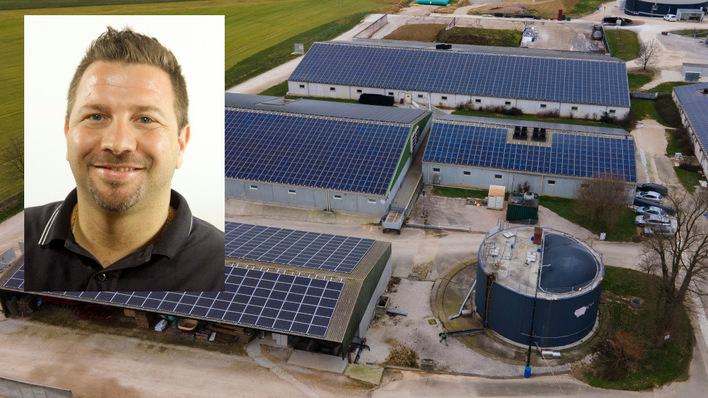Before the summer, the lack of recovery of the Chinese economy already caused a decline in demand for raw materials and solar cells, wafers and modules. Before that, producers and manufacturers were able to make mutual agreements to keep prices above a certain level, but now that is simply no longer possible due to a lack of overall demand.
Whether the declining demand has continued is an assumption, because the Chinese government no longer shares all economic data. Nevertheless, that assumption can be substantiated, says Scheper. "Strangely enough, they no longer share supply and demand data, but they still share the price data. It has fallen much further compared to the beginning of July and there was already low prices and little demand."
How far can the price fall? Scheper suspects that this may still fall slightly, but that it also has a price to wait even longer as a buyer. "The price could well drop another euro cent per watt peak, but the margins are now becoming very small. In the entire Chinese supply chain, only a maximum of 5 percent gross profit is made per link in the chain."
Save on purchase prices – but don`t forget quality control
Further price drops would mean that some of these links in the supply chain would make a loss. Getting these parties over their heads now can have consequences for the future relationship. "Nobody in the solar industry likes to make a loss, but certainly not the Chinese, because they are not used to it," Scheper explains.
"Manufacturers therefore have two choices. If they expect these low prices to last for a while, they can simply reduce production capacity. This takes time and a cut in staff, so I don't see most of them doing that. Most manufacturers opt for option two and sit out the turbulence. Then you can negotiate the price even more competitively, but that will not do your long-term relationship any good. Whereas if you make a deal now, you will be treated with all due respect, because there is now almost begging for orders from China."
According to Scheper, buyers who can now save considerably on purchase prices would do well to invest a little more time and money in quality control. "Some Chinese parties will want to protect their margins by supplying solar panels with lower power yield than they signed up for."
Momentum for the commercial market in the Benelux
In addition to all the price changes in recent months, Scheper thinks he sees another change, namely that the center of gravity of the market is shifting again from the residential to the commercial sector. Before the commercial market was struggling due to high prices and for instance in the Netherlands a lack of grid capacity. For example, the Dutch National Solar Trend Report showed that 30 percent more solar panels were installed on houses in 2022, but that the business market shrank by 13 percent.
"Now the situation seems to be turning around. Wholesalers have large stocks of solar panels, mounting systems and even inverters, while they notice that consumer demand is declining. It could be an exciting autumn," says Scheper.
Did you miss that? Meyer Burger complains European market failure
"There is a huge number of wholesalers in the Benelux. In the past two years, they have done extremely well thanks to the energy crisis, but it has postponed what is already coming, namely that the market will shrink considerably. If prices start to rise again, a price fight can erupt and not all of them will survive. I think the wholesale market there could shrink by 40 percent."
Those who can tilt the balance sheet towards the business market would then have a better position. There, the lower prices mean that projects that have been on the shelf for two years because of the increased costs are now suddenly profitable.
Energy storage – the magic word
"Of course, project developers will still have to deal with problems with some roof structures, the widespread grid congestion and the subsidy structure, but the prices are now so low that even the difficult projects become profitable again."
Subscribe to our new monthly special newsletter for investors
However, a new obstacle has emerged: the possible mandatory energy storage. Rob Jetten, outgoing Minister for Climate and Energy, proposed to only allow new solar parks if they were linked to energy storage. On September 12, it will become clear whether this measure will be declared controversial, but it is a strong indication of where the market should go.
Get the full new report of European Solar – here for free
"Energy storage is now the magic word that has to solve everything, but in practice it is much more complicated than it seems. Banks and insurers do not yet know how they want it to be reflected in a business case and wholesalers are legally only allowed to store 10 kilowatt hours of batteries per warehouse. If there's already a run on it, you're going to have another problem. In Belgium, by the way, they have the same problem, but there it is unofficially allowed." (Gerard Scheper/hcn)




